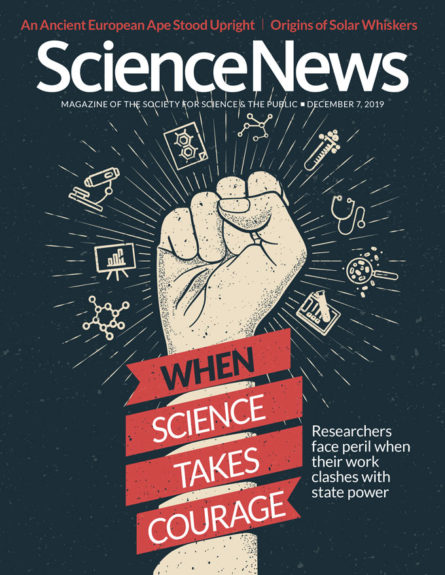
Such ideas would have been a part of everyday life in hunter-gatherer societies. The idea of the “quantity” idea evolving steadily over time is supported by the existence of languages which preserve the excellence between “one”, “two”, and “many”, however not of numbers larger than two. DNA replication does not happen when the cells divide the second time, in meiosis II. Replication, like all cellular activities, requires specialized proteins for finishing up the job. The cell membrane, or plasma membrane, is a organic membrane that surrounds the cytoplasm of a cell.
In animals, the plasma membrane is the outer boundary of the cell, whereas in plants and prokaryotes it’s usually covered by a cell wall. This membrane serves to separate and defend a cell from its surrounding surroundings and is made largely from a double layer of phospholipids, which are amphiphilic (partly hydrophobic and partly hydrophilic). Hence, the layer known as a phospholipid bilayer, or generally a fluid mosaic membrane. Embedded within this membrane is a macromolecular construction known as the porosome the universal secretory portal in cells and a variety of protein molecules that act as channels and pumps that move different molecules into and out of the cell.
The subsequent pandemic is already coming, except humans change how we interact with wildlife, scientists say
Prokaryotic cells have been the first form of life on Earth, characterised by having vital biological processes together with cell signaling. They are simpler and smaller than eukaryotic cells, and lack a nucleus, and other membrane-certain organelles. The DNA of a prokaryotic cell consists of a single circular chromosome that’s in direct contact with the cytoplasm.
The membrane is semi-permeable, and selectively permeable, in that it can both let a substance (molecule or ion) pass by way of freely, move via to a limited extent or not cross by way of at all. Cell surface membranes also comprise receptor proteins that enable cells to detect exterior signaling molecules similar to hormones. All cells, whether or not prokaryotic or eukaryotic, have a membrane that envelops the cell, regulates what strikes out and in (selectively permeable), and maintains the electrical potential of the cell. All cells (except red blood cells which lack a cell nucleus and most organelles to accommodate most house for hemoglobin) possess DNA, the hereditary material of genes, and RNA, containing the information essential to construct varied proteins such as enzymes, the cell’s primary machinery.
- Whewell’s suggestion of the term was partly satirical, a response to altering conceptions of science itself by which natural data was more and more seen as distinct from other forms of information.
- By the 20 th century, the fashionable notion of science as a special brand of details about the world, practiced by a distinct group and pursued via a novel methodology, was essentially in place.
- State policy has influenced the funding of public works and science for 1000’s of years, particularly within civilizations with extremely organized governments such as imperial China and the Roman Empire.
- A society is also typically defined as an interdependent community, but the sociologist Tönnies sought to draw a contrast between society and community.
Though he made no specific technical mathematical discoveries, Aristotle (384–c. 322 BC) contributed considerably to the event of mathematics by laying the foundations of logic. Egyptian arithmetic refers to mathematics written in the Egyptian language. From the Hellenistic period, Greek replaced Egyptian because the written language of Egyptian students. Mathematical research in Egypt later continued under the Arab Empire as a part of Islamic arithmetic, when Arabic grew to become the written language of Egyptian students.
This article lists these major mobile elements, then briefly describes their perform. Prokaryotes embrace bacteria and archaea, two of the three domains of life.
The origins of mathematical thought lie within the ideas of number, magnitude, and type. Modern research of animal cognition have shown that these ideas usually are not distinctive to humans.
To find the very first scientist, we should travel again in time even further. We may go back to probably the most ancient of the traditional Greeks, all the best way again to Thales of Miletus, who lived from about 624 B.C.

